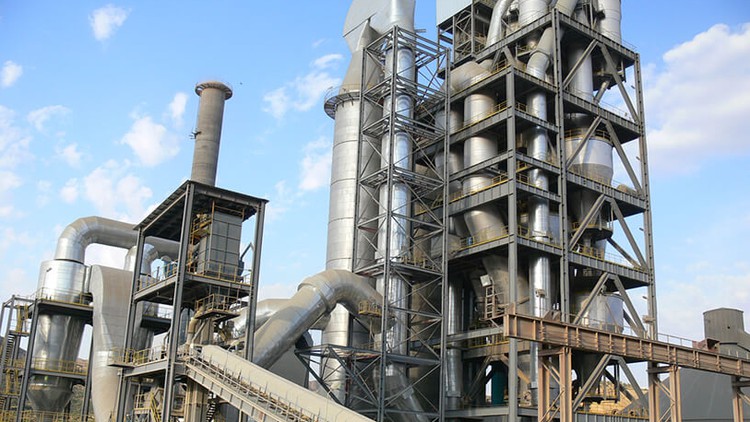The Nigerian government has called for an urgent meeting with cement manufacturers following a recent surge in the price of the product, which has seen a bag of cement jump from N5,000 to as high as N15,000 in less than two weeks.
In spite of the fact that road and housing contractors heavily patronise these cement makers, the government is concerned about the rising cost of cement, according to a statement made by the minister’s media adviser, Orji Uchenna Orji.
The government will investigate the difficulties experienced by these cement producers as well as the significant discrepancy between the ex-factory price and the market price, according to Minister of Works Dave Umahi, who called the meeting with major producers—Dangote, BUA, Lafarge, and other cement makers.
A few days prior, Arc. Musa Dangiwa, Minister of Housing and Urban Development, had expressed disapproval over the skyrocketing cost of cement and other building supplies nationwide. He declared that the price increase was intolerable and maintained that the current state of affairs in that industry could not be attributed to changes in the value of the dollar.
According to Orji, the Minister was quoted as saying, “Worried by the escalating cost of cement despite huge patronage by road and housing contractors to cement manufacturers, the Honourable Minister of Works, His Excellency Sen. Nweze David Umahi CON, has summoned an urgent meeting of all cement manufacturers in Nigeria.’’
Umahi said, “It is common knowledge that the manufacturers have their challenges, which we shall look into, but from our findings, the disparity between the ex-factory price and the market price is wide.
“We therefore need to look into the situation and other issues with a view to finding a common front.”
Nigeria is experiencing its worst cost of living crisis following the withdrawal of petrol subsidies, the devaluation of the exchange rate, and low agricultural production in the nation, all of which contributed to Nigeria’s highest headline inflation rate of 27% year over year and food inflation of 32%. With the recent rise in the price of cement, there appears to be a fresh dimension to the crisis amidst the country’s enormous housing deficit.


 Metro2 days ago
Metro2 days ago
 Metro2 days ago
Metro2 days ago
 Musings From Abroad2 days ago
Musings From Abroad2 days ago
 Sports2 days ago
Sports2 days ago

























